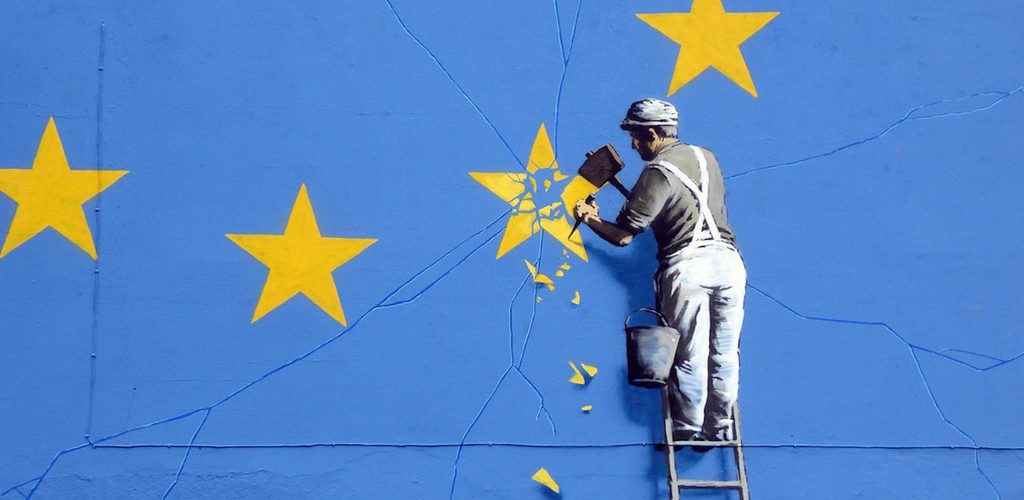On May 18, 2021, the European Commission announced their vision of “Business Taxation for the 21st century”.
Future-proof taxation – Commission proposes new, ambitious business tax agenda
The European Commission has today adopted a Communication on Business Taxation for the 21st century to promote a robust, efficient and fair business tax system in the European Union. It sets out both a long-term and short-term vision to support Europe’s recovery from the COVID-19 pandemic and to ensure adequate public revenues over the coming years. It aims to create an equitable and stable business environment, which can boost sustainable and job-rich growth in the EU and increase our open strategic autonomy. The Communication takes account of the progress made in the G20/OECD discussions on global tax reform.
The Commission will present by 2023 a new framework for business taxation in the EU (the new BEFIT), which will reduce administrative burdens, remove tax obstacles and create a more business-friendly environment in the Single Market. Today’s Communication also defines a tax agenda for the next two years, with measures that promote productive investment and entrepreneurship, better safeguard national revenues, and support the green and digital transitions. The Commission also adopted today a Recommendation on the domestic treatment of losses. The Recommendation prompts Member States to allow loss carry-back for businesses to at least the previous fiscal year.
Today’s Communication is part of a wider EU tax reform agenda for the coming years.
An extract related to VAT/Indirect Tax
”At the same time, consumption tax rates are already at a historic high, as VAT rates were increased in the years following the financial crisis. Priority should be given to limiting the inefficient use of reduced VAT rates and exemptions, which often fail to deliver on their presumed policy objective.
Behavioural taxes, such as environmental and health taxes, continue to be of growing importance for EU tax policies. Well-designed environmental taxes help to support the green transition by sending the right price signals, as well as implementing the polluter pays principle. They also generate revenue that could compensate some of the needed labour tax cuts. Similarly, health taxes, for example on tobacco or alcohol, can improve public health and save lives, while reducing the pressure on public health systems.”
A press release, a Q&A and a factsheet are available online
Source ec.europa.eu
Newsletters















